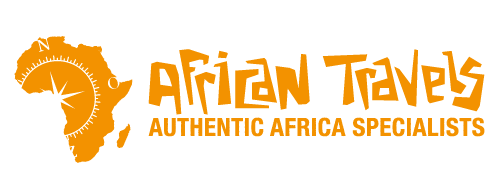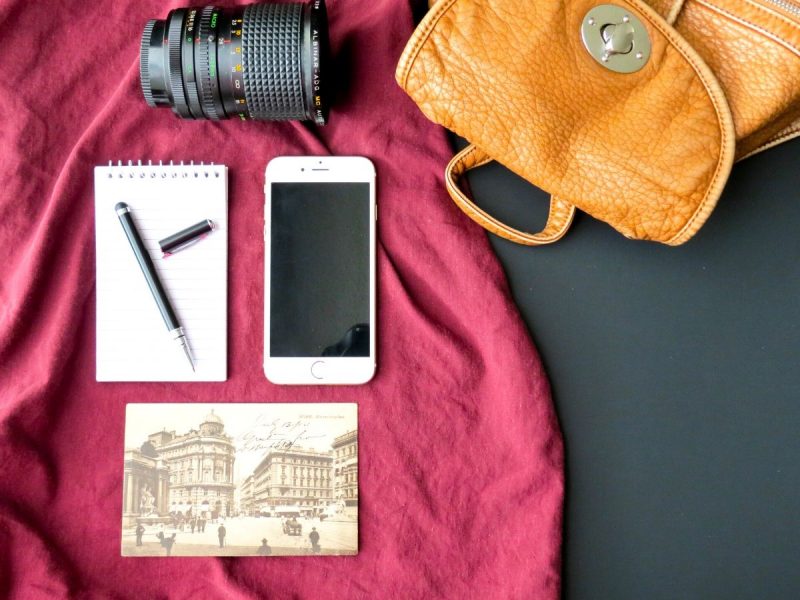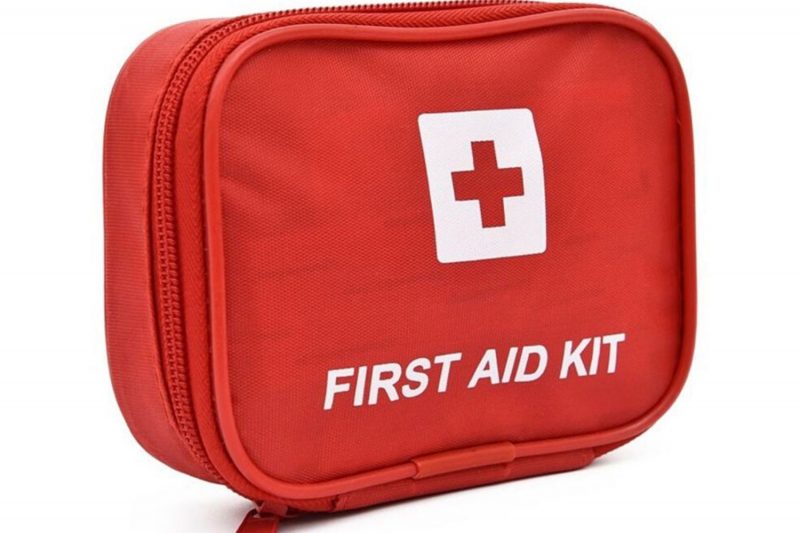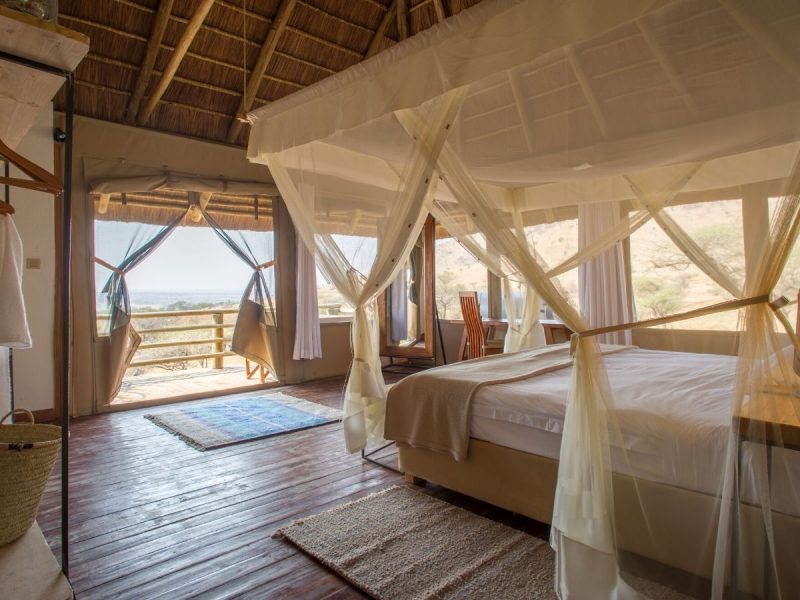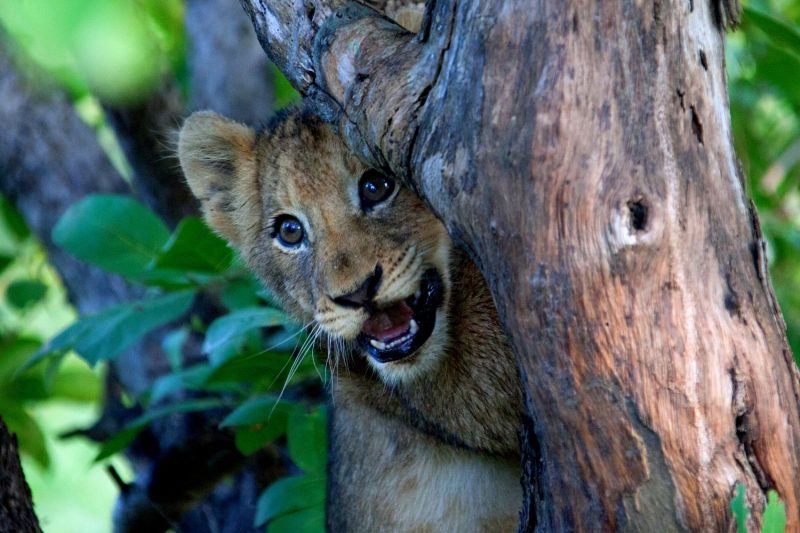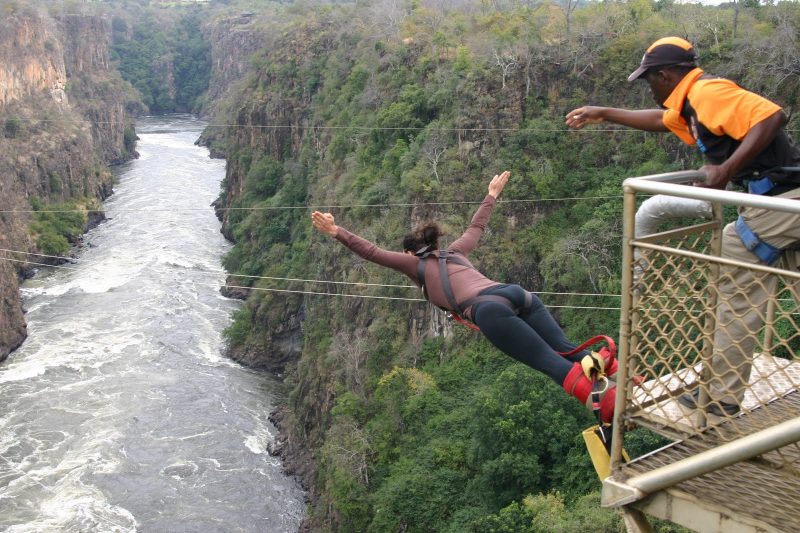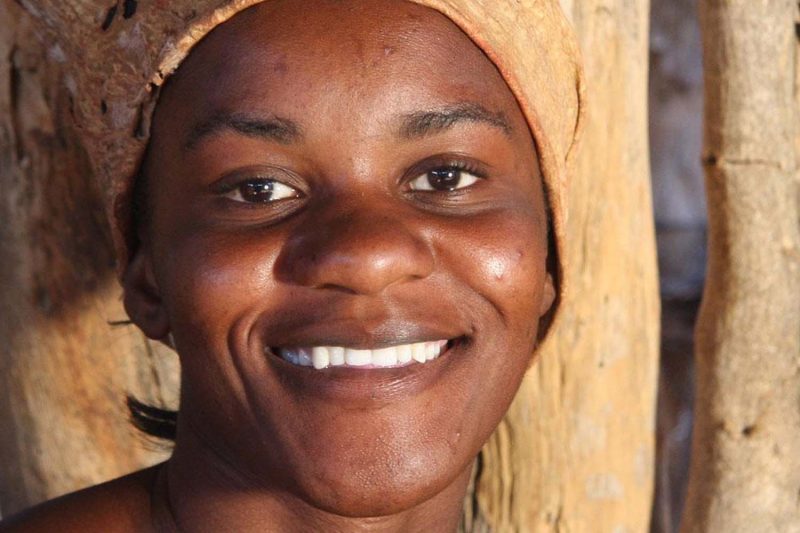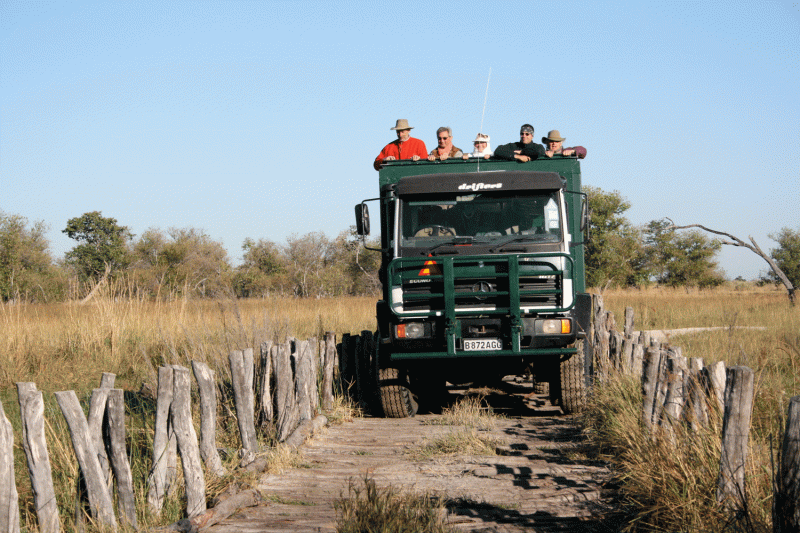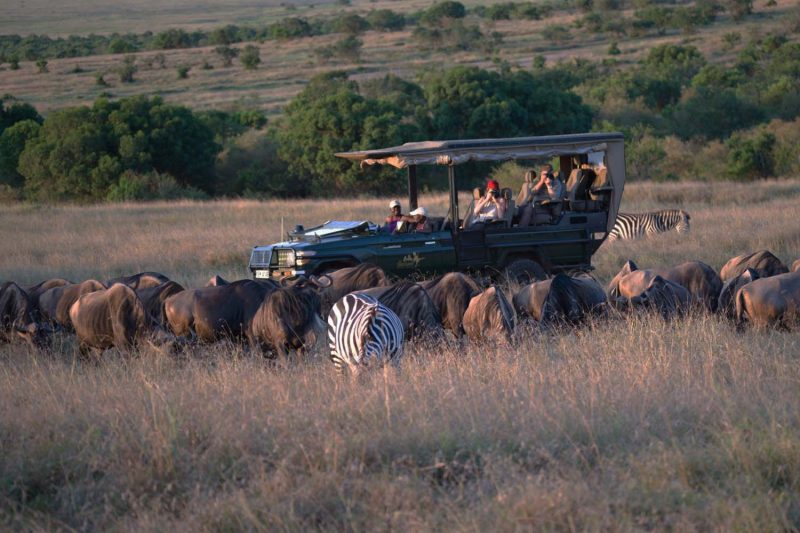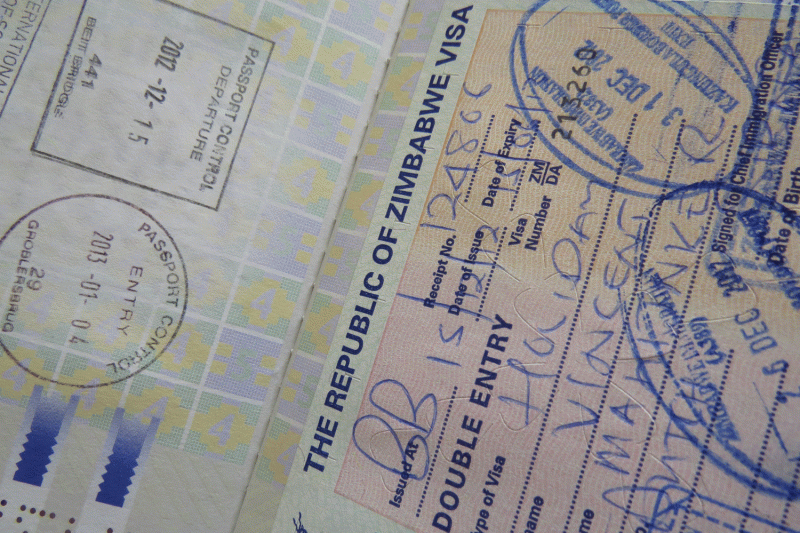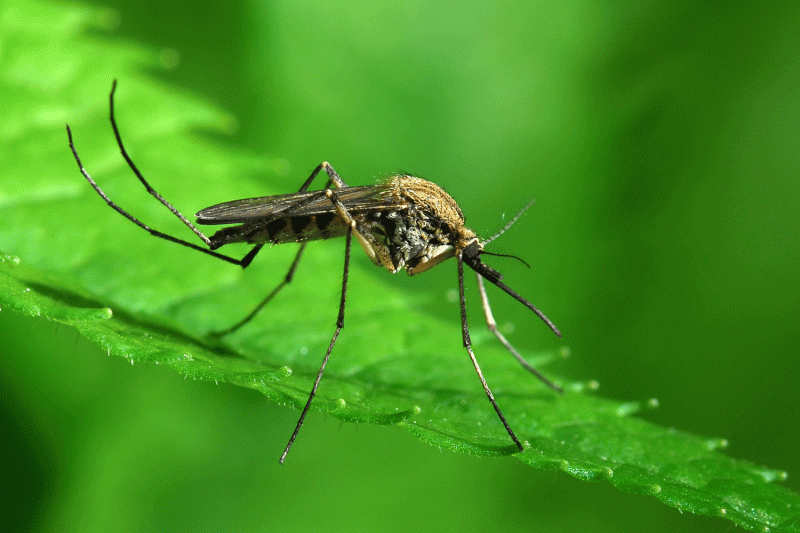Vaccinations
Please ensure that you have all the recommended inoculations by your doctor. Also be aware that the proposed itinerary requires a certain level of physical fitness, so please ensure that you are medically fit before you embark on your tour in Africa. Inoculations and vaccinations must be obtained in advance, prior to departure of the safari. It is not possible to obtain inoculations/vaccinations whilst on Safari.
By allowing 6-8 weeks for your vaccination programme, you have time to fit in full courses of vaccines where required which provides you with the best possible protection against certain vaccine preventable diseases. If you don’t have time to complete courses before you go, you risk travelling with little or even no protection against sometimes high risk diseases.
Yellow Fever
Some destinations require a Yellow Fever certificate, especially if you do a multi country tour and Kenya is included. Please make sure you bring this certificate.
